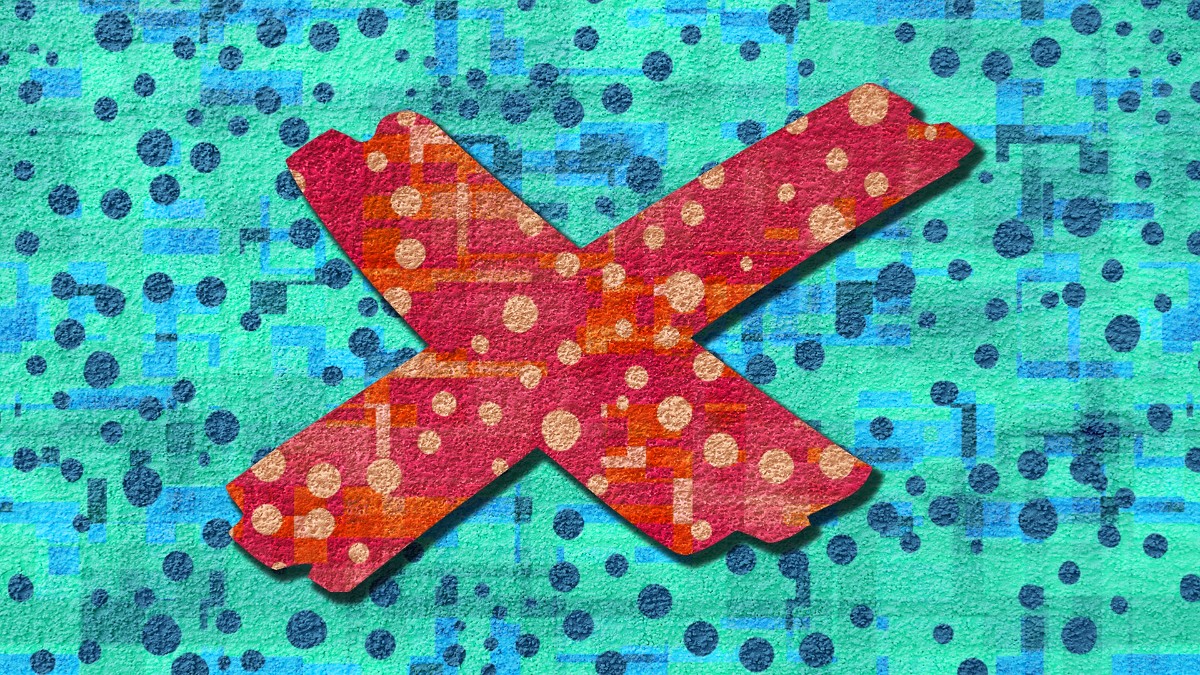Eskreis-Winkler and Fishbach’s (2019) study was divided into five smaller studies with data from approximately 1,000 participants in the United States and the United Kingdom. The studies determined the effects that success feedback and failure feedback had on learning outcomes, as well as why failure negatively impacts learning.
For this collective study, learning was defined as the percentage of questions answered correctly on the given task. By measuring learning, the researchers were aiming to see whether learning regressed or progressed in the success and failure conditions.
Every time that participants in the success feedback group correctly answered a question, they were presented with, “Your answer was correct.” However, they did not receive feedback for incorrect answers. On the other hand, participants in the failure feedback group were presented with, “Your answer was incorrect,” for every erroneous answer; but were not presented with any feedback even if they answered correctly.
Findings across all five studies found that participants in the failure condition reported lower scores than those in the success condition. In other words, people learned less from failure.
Eskreis-Winkler and Fishbach (2019) further found that people learn less from failure because failures are ego-threatening. Consequently, people tune out and overlook the information that the feedback offers.
People can learn more from others’ failures and successes rather than their personal stories because those stories eliminate ego threat from the model. Therefore, observing others’ failure or success stories may serve as more appropriate teachable moments.
The findings of this study allow EPIC to see students’ failure stories through a new perspective. With the new information, we can discern whether failure has helped or harmed a student’s succeeding learning performance.
For more details on this article, please retrieve it at: https://journals.sagepub.com/doi/abs/10.1177/0956797619881133?casa_token=F9J4ExcgpjcAAAAA:AWvw3Is1RsVQavwRN77Ino1tyN9tbuNHEQEfQMhq4mBjgBgXB6bcgqh966EdRnqtX33K09gX8T3Avg
Reference:
Eskreis-Winkler, L., & Fishbach. (2019). Not Learning From Failure – the Greatest Failure of All. Psychological Science, 30(12), 1733-1744.
Relevant Articles:

